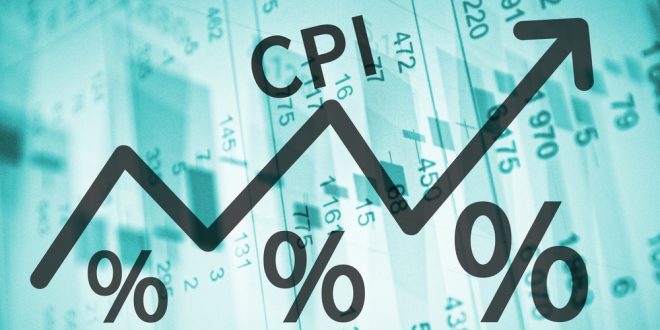The Bureau of Labor Statistics this week reported that the Consumer Price Index, the most widely used measure of inflation, rose 0.8% in February, up 7.9% over the last twelve months.
Just after the BLS’s data, the Brookings Institution gathered a host of experts to explain what the latest CPI report can tell about the current state and near future of the US economy.
A large component of the increase in inflation was the cost of energy, which had already begun to go up in the weeks preceding the current war in Ukraine. But even taking out energy and food, core inflation was at a 6.4% increase year over year, still far above the Federal Reserve’s 2% inflation target, Irwin noted.
These are certainly the kinds of numbers that suggest that inflation remains a major problem in the US economy. As for core goods’ impact; approximately two-thirds of the increase in inflation the last six months had been due to goods and the surge in consumer demand and lagging supply; both pandemic-related factors that have been explored by several experts.
Consumer demand will inevitably pivot from demand for goods to demanding for services as the pandemic recedes, and so inflation in the future will depend much more significantly on the service sector. If the service sector sees a big burst of demand but can’t keep up there, that will be because they can not find the workers, and they will pass on that wage pressure into prices.
Real wages have gone up for some low-wage workers, wage increases have not generally kept pace with inflation. There is no question that headline inflation is running faster than wages.
Wages will almost certainly catch up with inflation, said Wolfers, but when that will happen is uncertain. It may not be very comforting for people to hear right now, that their cost of living is rising faster than their wages, but I think there’s good reason to be confident that wages are going to catch up. The question is how long will that take.
Unknown developments on the global stage also factor into the inflation equation, with the war in Ukraine likely to constrain the supply of raw goods, from wheat to palladium. There is reason to think that this entire crisis in Eastern Europe is really going to have ripples through the entire world economy and US supply chains that are not fully understood.
Another concern is that the highest inflation rate in a generation could lead to increased inflation expectations, which could create a vicious cycle of higher expectations creating even higher inflation.
People’s thinking about inflation would likely be shaped by their experiences, with those who lived through high inflation of the 1970s much more concerned about its return. Outside of the very visible prices that are going up – gas and groceries, for example, housing prices are a longer-term concern.
Actually fuel and groceries are not the majority of the budget for most people. The biggest expenses are things like health insurance and housing, usually likened to silent killers. With the recent rise in housing prices, so there will be also rents rise. This is going to be something that is going to weigh on the CPI, and not just this year but over the next few years.
In order to confront high inflation, the Federal Reserve, which took unprecedented steps to protect the economy early in the pandemic, has already signaled that it will likely raise interest rates several times this year.
It is not that policymakers are trying to create tight monetary policy, rather it is that they are trying to create less loose monetary policy, an effort that is likened to taking a foot off the car’s accelerator but not yet putting it on the brake. The Fed’s goal is expected to be to temper demand for goods in the economy, an effort that will be naturally aided by higher energy prices.
Although inflation now seems less temporary than it did a few months ago, an arc is being seen in its trajectory, rather than a plateau. The said arc is going to follow consumer demand, and consumer demand is going to come down.

 Noor Trends News, Technical Analysis, Educational Tools and Recommendations
Noor Trends News, Technical Analysis, Educational Tools and Recommendations




